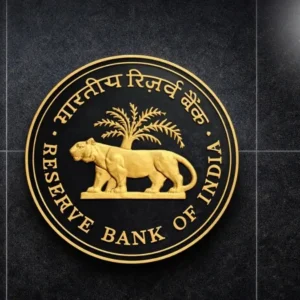
Even as the government action against Amway India Pvt. Ltd. tightened after its nodal agency Enforcement Directorate (ED) attached both moveable and immoveable properties of the firm in Tamil Nadu recently, business observers expressed their doubts about it.
How effective the action will prove to be is still to withstand the test of time. One senior executive, speaking to our Sprouts’ Special Investigation Team (SIT) observed, “In the past there have been many instances where Amway India was let off the hook after being booked for serious breach of our country’s financial regulations.”
He further pointed out that Amway India has come under the ED scanner only after the government at the Centre clearly spelt out in its December 2021 regulation.
The law spells out that corporate entities seeking to recruit and operate a direct selling model should not be permitted to use the pyramid structure.
This means that Amway India trying to rope in more and more distributors by asking each member to earn commission by enrolling members under their wing is in violation of government regulations that govern a direct selling model.
In simple words, direct selling would just mean the existing team of distributors would directly target end users or end consumers to sell their products at affordable prices as compared to those that use media platforms to commercially advertise and market their products.
However, Amway India’s products are unreasonably priced as their focus is only on increasing the number of distributors for the purpose of earning commissions, with no intention of affecting the sale of any of their products to any end consumer.
Many business observers cautioned that companies like Amway India that have deep pockets can use their financial lobbying clout to dilute government regulations and wriggle out of the legal mess they find themselves to be in, time and again
[inhype_block type=”postsgrid7″ block_title=”Also Read” block_posts_type=”latest” block_categories=”” block_posts_limit=”4″ block_posts_loadmore=”no” block_posts_offset=”0″]
















